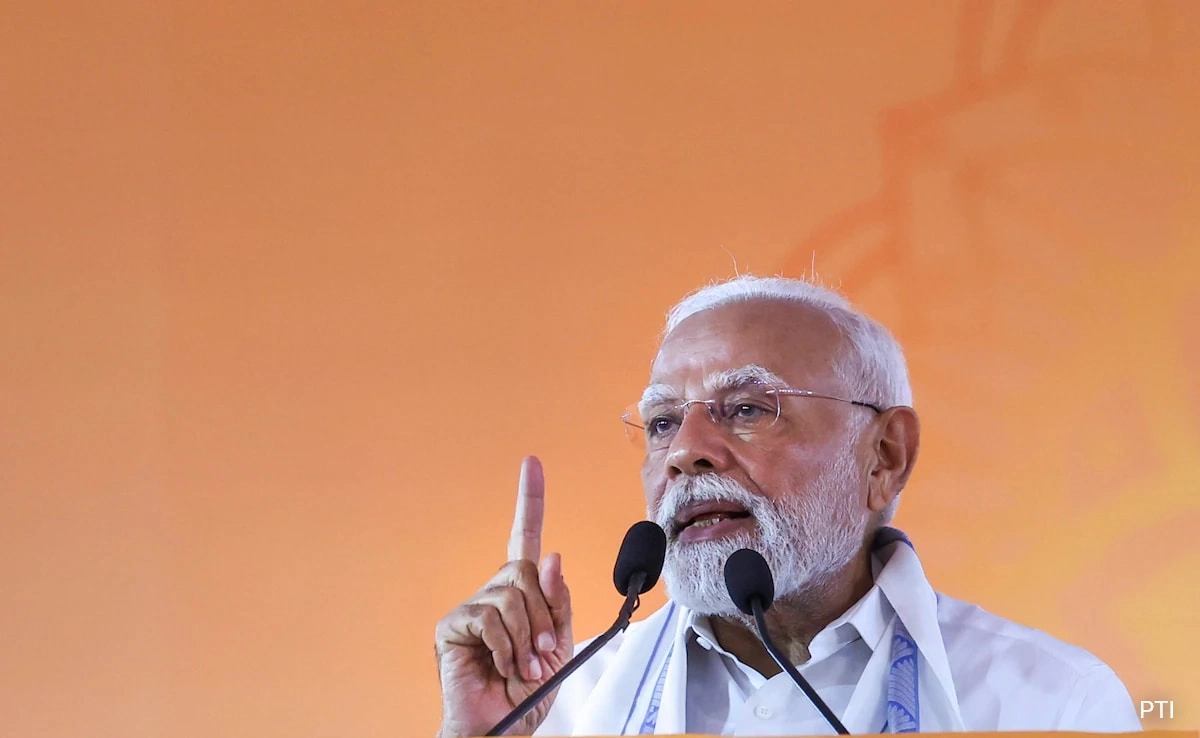In a recent press conference, a reporter posed a provocative question to former President Donald Trump, asking him to define what a woman is. Trump’s response was both straightforward and controversial: he stated that a woman is someone who can have a baby. This exchange sparked a significant amount of discussion, highlighting the ongoing national conversation surrounding gender identity and the definitions of womanhood.
Trump’s answer reflects a traditional perspective that has long been associated with biological definitions of gender. By equating womanhood with the ability to bear children, he aligns himself with a view that many conservatives hold regarding gender roles and identities. This response, however, was met with criticism from various quarters, including activists and those advocating for LGBTQ+ rights, who argue that such a definition is overly simplistic and fails to encompass the diverse experiences of women today. In a world increasingly recognizing the complexity of gender, many feel that defining a woman solely by reproductive capability marginalizes those who may identify as women but do not fit into that biological framework.
The incident underscores the broader societal debates about gender and identity, particularly in a time when discussions about transgender rights and inclusivity are more prominent than ever. Many activists argue that gender is not strictly tied to biological functions but is instead a social construct that can encompass a wide range of identities and experiences. As such, discussions about what it means to be a woman are evolving, challenging traditional norms and prompting individuals and institutions to reconsider their definitions and language surrounding gender.
This exchange also highlights the potential for political figures to influence public perception on these issues. Trump’s stance resonates with a significant segment of the population that may feel threatened by the rapid changes in societal norms regarding gender. As public figures continue to weigh in on these topics, the dialogue surrounding gender identity will likely continue to evolve, reflecting both the challenges and the progress being made in society today. The question of what defines a woman is not merely academic; it resonates deeply with personal identity, rights, and the ongoing struggle for equality across various dimensions of society.




